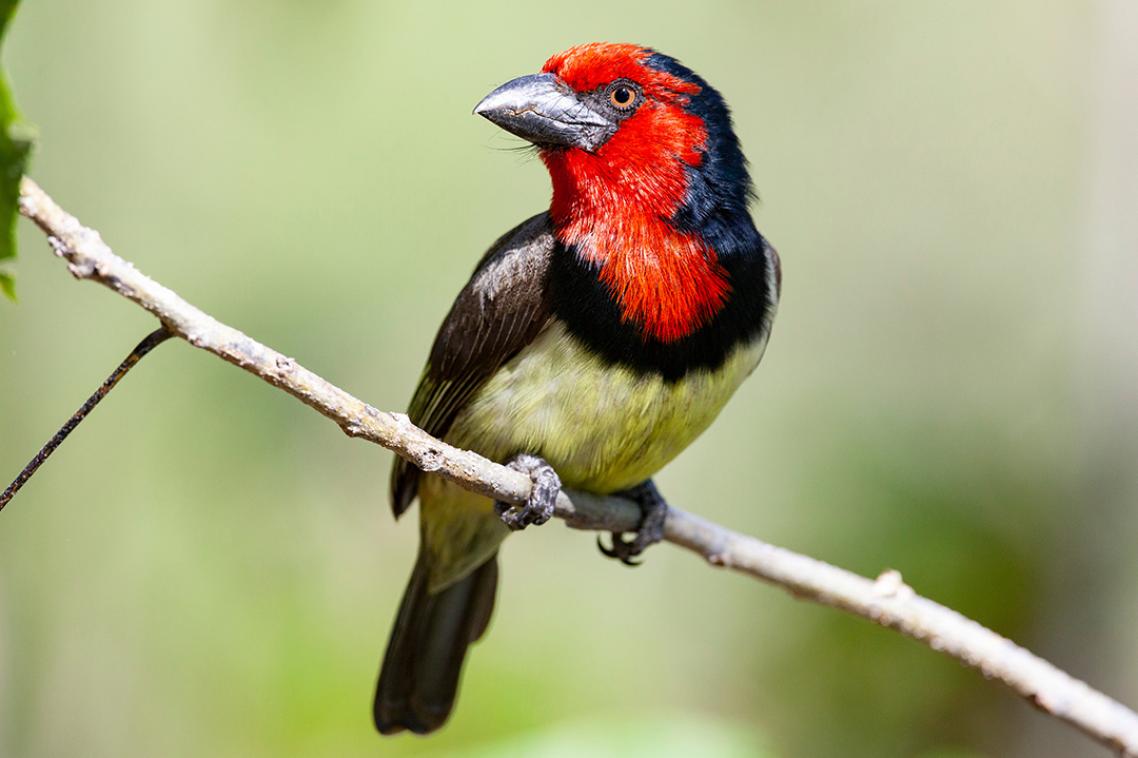UQ high flyer is a good sport
Throwing yourself out of an aeroplane at 14,000 feet doesn’t sound like much fun to many people but this 60 second adrenalin rush is one of the world’s fastest growing adventure sports.
University of Queensland physicist Marlies Friese is part of a new breed of alternative sports enthusiasts who are helping to change the perception of skydiving from a dangerous thrill to a safe pastime.
Dr Friese has been selected to compete at the World Skydiving Championships in Germany in August after qualifying at the Australian National Championships in January.
She is part of an all-female Four Way Open team known as G-Force.
“It’s basically a race to see how many formations you can make in 35 seconds,” she said.
Dr Friese said that during competitions she would reach speeds of between 190 to 240km an hour, falling from 14,000 feet, opening at 3,000 feet and completing the whole skydive in about 65 seconds.
“You reach a terminal velocity and are able to push against the air, which allows you to move your body into different positions,” she said.
As a research fellow in the Centre for Magnetic Resonance, Dr Friese is studying hyperpolarised gases used in Magnetic Resonance Imaging.
“The eventual objective of our research is lung imaging to study, for example, the effects of drugs for treating respiratory diseases,” she said.
Dr Friese, who has been skydiving for six years, said combining her sport with her UQ research was almost as tricky as the dives themselves.
“It’s a bit of a mission but if you want to do something enough then you find a way,” she said.
Information: the team is currently looking for sponsorship or donations to help fund their training. If you would like to donate please contact Dr Friese at marlies.friese@cmr.uq.edu.au All donations are tax deductable.
Media: for more information, contact Dr Marlies Friese (telephone 07 3365 3541, email marlies.friese@cmr.uq.edu.au) or Chris Saxby at UQ Communications (telephone 07 3365 2479, email c.saxby@uq.edu.au).
Related articles

70 years of data show extreme heat is already wiping out tropical bird populations

Why historical health data falls short in predicting future health care needs
Media contact
UQ Communications
communications@uq.edu.au
+61 429 056 139
